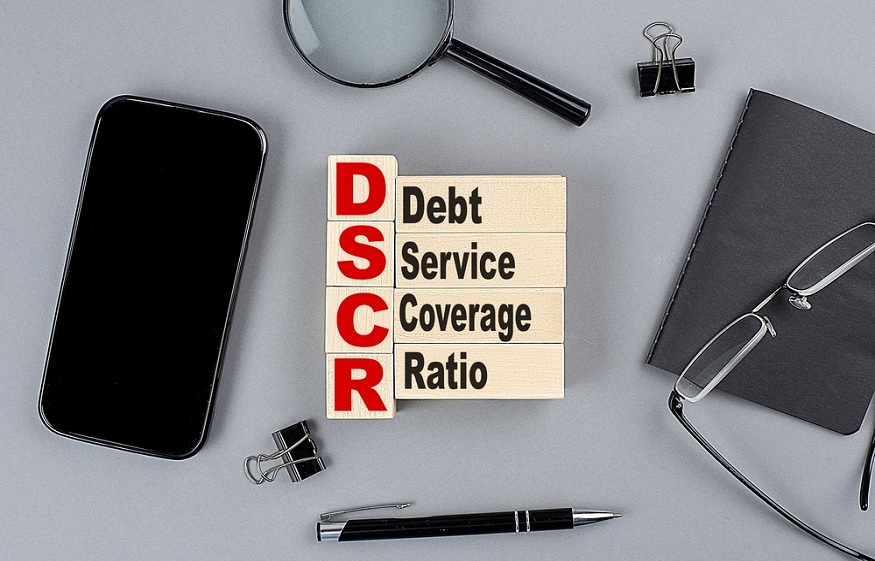Investing in real estate is one of the most effective ways to build long-term wealth. From single-family rental homes to multi-family apartments and commercial properties, income-producing real estate offers investors consistent cash flow, potential appreciation, and tax advantages. However, financing these properties can be challenging. Traditional mortgages typically rely heavily on the borrower’s personal income, which may not accurately reflect the true earning potential of investment properties. This is where DSCR-loans, or Debt Service Coverage Ratio loans, come into play.
What Are Debt Service Coverage Ratio Loans?
Debt Service Coverage Ratio loans are designed specifically for real estate investors. Unlike conventional loans that primarily assess the borrower’s personal finances, DSCR-loans evaluate the property’s income-generating ability to determine loan eligibility. Essentially, the loan is approved based on whether the property can generate enough income to cover its debt obligations, providing a more realistic measure of financial risk for lenders.
How DSCR Loans Work
DSCR loans calculate a property’s net operating income (NOI) relative to its total debt service. The Debt Service Coverage Ratio (DSCR) is derived by dividing the property’s NOI by its annual debt obligations. A ratio of 1 or higher indicates that the property produces enough income to cover the debt, while a ratio of 1.25 or above is typically preferred to provide a cushion for unexpected expenses or vacancies. This method allows investors to qualify for financing based on the property’s cash flow rather than relying solely on personal income, making it easier to grow a real estate portfolio strategically.
Types of DSCR Loans
DSCR-loans come in several forms depending on the investor’s needs and property type:
- Single-Family Rental DSCR Loans: Designed for individual rental homes, these loans consider the property’s rental income when evaluating loan eligibility.
- Multi-Family DSCR Loans: Ideal for apartment complexes, where total rental revenue is assessed to determine the property’s ability to cover debt.
- Commercial DSCR Loans: Suitable for commercial buildings or mixed-use properties, with the focus on overall revenue and cash flow.
- Bridge DSCR Loans: Short-term loans designed for rapid property acquisition, often with the option to refinance based on the property’s long-term performance.
Benefits of DSCR Loans
DSCR-loans offer several advantages for investors:
- Easier Qualification: Less reliance on personal income documentation makes the approval process simpler.
- Property-Based Assessment: Loans are evaluated based on the property’s performance, not just the borrower’s finances.
- Portfolio Expansion: Investors can acquire multiple properties efficiently without being restricted by personal income limits.
- Cash Flow Management: Ensures that properties generate enough income to cover debt, helping investors maintain positive cash flow.
Who Should Consider DSCR Loans
DSCR-loans are particularly beneficial for investors who:
- Own or plan to acquire income-producing properties
- Seek to expand their rental or commercial property portfolios
- Prefer loan approval based on property performance rather than personal income
- Want to strategically leverage cash flow for long-term growth
Potential Challenges
While DSCR-loans are advantageous, investors should be aware of certain considerations:
- Interest Rates: DSCR-loans may carry slightly higher interest rates compared to conventional loans due to the specialized risk assessment.
- Income Dependency: Loan approval depends on consistent rental income from the property.
- Accurate Documentation: Maintaining precise records of rental income, expenses, and operating costs is crucial for approval.
Tips for Securing a DSCR Loan
To maximize the chances of securing a DSCR-loan, investors should follow these best practices:
- Maintain detailed records of rental income, property expenses, and occupancy rates.
- Work with lenders who specialize in DSCR-loans and understand real estate investment nuances.
- Ensure properties are well-maintained to attract reliable tenants and maximize rental income.
- Avoid over-leveraging by carefully managing cash flow and monitoring debt obligations.
Conclusion
Debt Service Coverage Ratio loans provide a practical and effective solution for real estate investors seeking financing for income-producing properties. By focusing on the property’s income-generating potential rather than the borrower’s personal income, DSCR-loans simplify the qualification process and allow investors to strategically expand their portfolios. Understanding the DSCR calculation, maintaining accurate property financial records, and working with experienced lenders can make the loan process smoother and more predictable. For investors aiming to grow their real estate holdings while maintaining positive cash flow, DSCR loans are a reliable and strategic financing tool.

